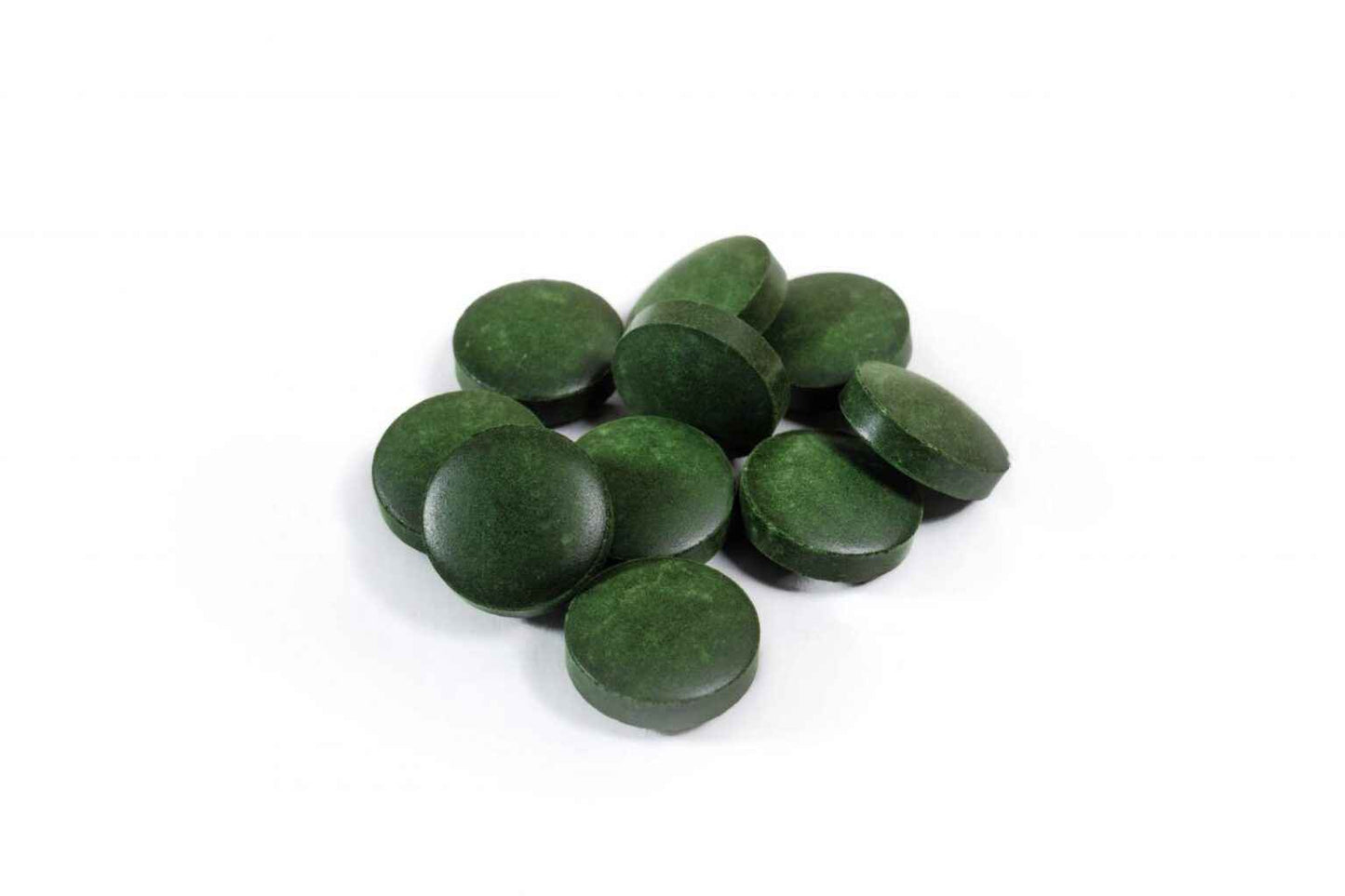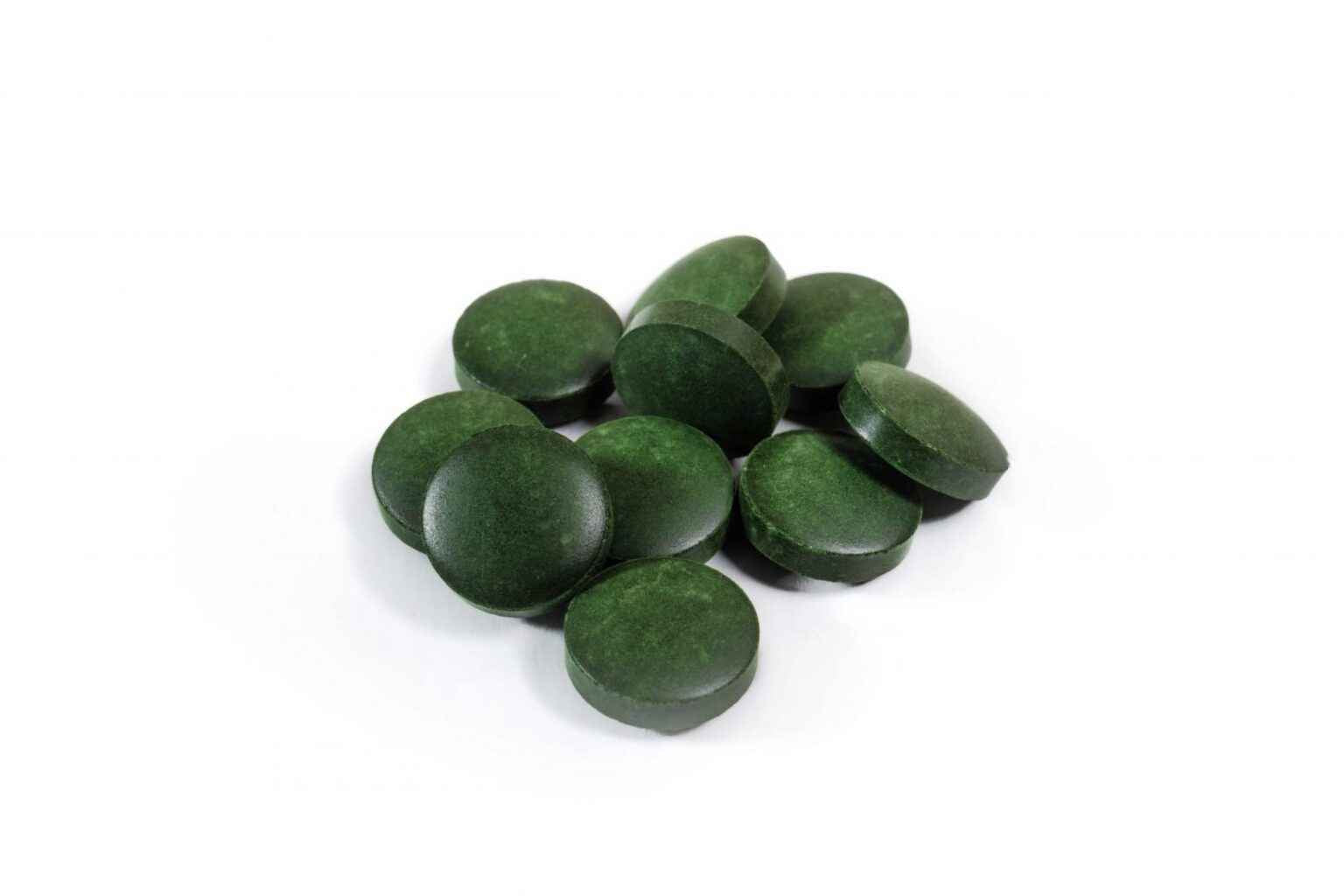ALPHA aktiv GmbH
CHLORELLA pyrenoidosa 500 g pellets 2500 pieces
CHLORELLA pyrenoidosa 500 g pellets 2500 pieces
Couldn't load pickup availability
ALPHA CHLORELLA pyrenoidosa 500 g pellets 2500 pieces
*Delivery 3-9 working days slower.
Recommended intake:
Take 5 capsules per day with plenty of still water half an hour before meals
Ingredients:
100% Chlorella Pyrenoidosa (freshwater algae), without any additives
Capsule shell vegetarian - natural cellulose (hypromellose) and water
Freshwater algae offer a variety of benefits, including nutritional value, environmental sustainability, and contribution to aquatic ecosystems. They are a good source of protein, vitamins, and minerals, and some species have antioxidant and detoxifying properties. Algae also play a crucial role in purifying water by absorbing nutrients and heavy metals. Furthermore, they are a vital part of aquatic food webs and can be indicators of water quality.
Here's a more detailed look at the benefits:
Nutritional Benefits:
Rich in nutrients:
Freshwater algae like Chlorella vulgaris are packed with protein, lipids, carbohydrates, vitamins, and minerals.
Antioxidant properties:
Certain algae, like Chlorella, possess antioxidant properties that can help protect the body against oxidative stress.
Potential nutraceutical ingredient:
Chlorella is a promising ingredient for food products due to its nutritional value and potential health benefits.
Source of essential fatty acids:
Algae, including Chlorella and Spirulina, can be a source of omega-3 fatty acids like EPA and DHA.
Environmental Benefits:
Water purification:
Algae can absorb nutrients and heavy metals from water, helping to purify streams and rivers.
Carbon capture:
Algae can capture carbon dioxide from the atmosphere, contributing to carbon sequestration.
Sustainable cultivation:
Algae can be grown with minimal environmental impact, using less land and water compared to traditional agriculture.
Bioindicators of water quality:
Algae species can indicate changes in water quality due to shifts in pH, nutrient levels, or temperature.
Ecosystem Benefits:
Base of aquatic food webs: Algae are a primary food source for many aquatic invertebrates, forming the foundation of aquatic food webs.
Habitat for aquatic life: Algae provide shelter and habitat for various invertebrates and fish.
Oxygen production: Algae produce oxygen through photosynthesis, which is essential for aquatic life and the wider atmosphere.
A notice:
- Food supplements are not a substitute for a varied and balanced diet.
- The recommended intake should not be exceeded.
- Keep out of reach of children.
Share



